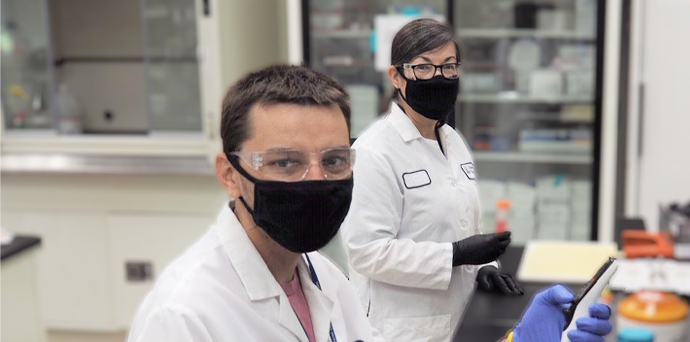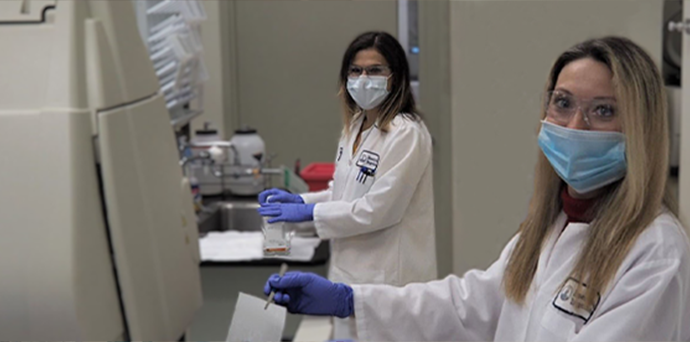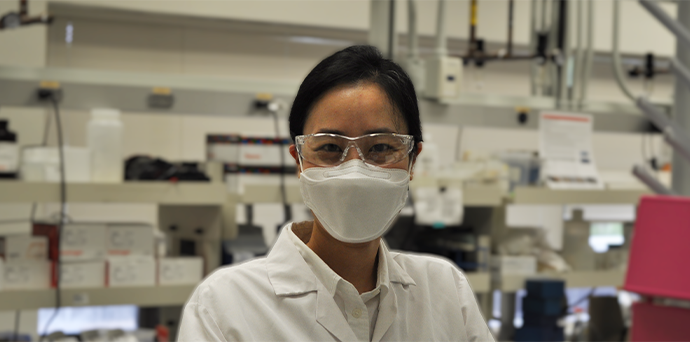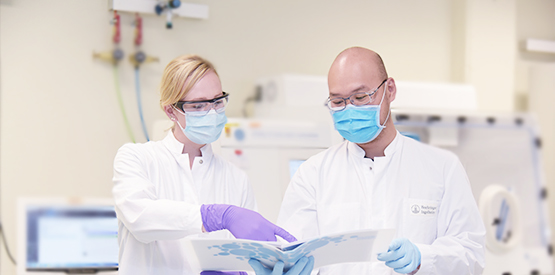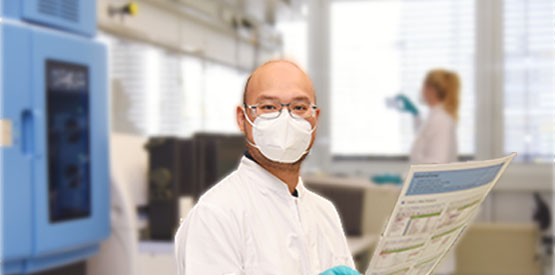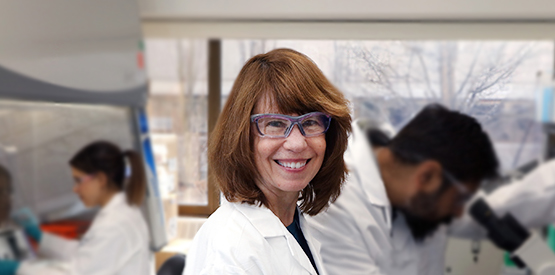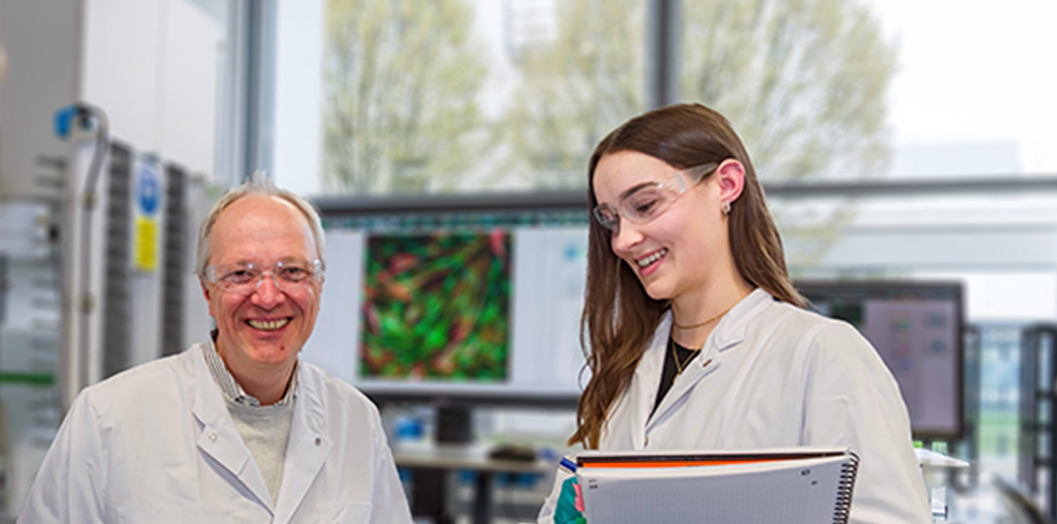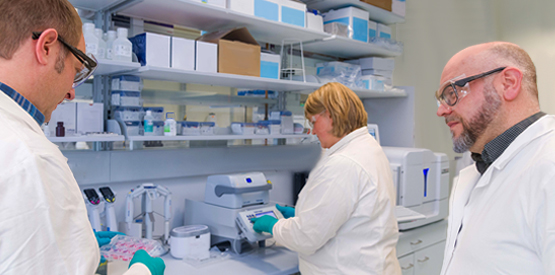Cellular assays that model complicated Crohn’s Disease
Using novel in vitro cellular systems, how would you propose improving the understanding of pathological mechanisms driving the progression of Crohn’s Disease?

Elliott Klein
Sr Principal Scientist
Boehringer Ingelheim
No further applications can be accepted at this point in time.
Background information
What is the context of the problem that we would like to solve?
Despite significant advances in treatment options over the past decade, induction of mucosal healing and maintenance of clinical remission remains an unmet goal for a large fraction of moderate to severe Crohn’s Disease (CD) patients. On-going structural damage (e.g. fibrostenotic strictures, penetrating fistulas) associated with this chronic progressive disease ultimately requires the need for surgical intervention where upon additional cycles of structural damage are not uncommon. Novel, complex cellular assays that accurately model aspects of fibrostenotic and penetrating disease are necessary to allow for the definition of key disease-driving pathways and the identification of new targets for intervention that can address the significant unmet medical needs of these patients.
What potential solutions could be in scope?
The following potential approaches to answer our question include, but are not limited to the following:
- Cell culture systems including specific cell growth and maintenance conditions enabling investigation of primary (healthy donor or patient-derived) intestinal fibroblasts, intestinal smooth muscle cells, adipocytes or macrophage functions linked to Crohn’s Disease complications.
- New robust technologies and approaches for identification of novel measureable phenotypic or functional features relevant to disease pathology in cell culture systems as above.
- Methods and conditions for cellular co-cultures (e.g. fibroblast/macrophage, fibroblast/adipocyte, smooth muscle cell/adipocyte, organs on a chip) for characterization of interactions and communication between different cell types.
- Identification of innovative cellular systems using primary or transformed human cells that allow for the identification, characterization and screening of new targets and pathways with pathological function in CD.
What potential solutions would be out of scope?
- Proposals focused on mechanisms of action that are unique or specific to non-human species.
- Proposals for cell systems lacking applications to the disease setting.
- Proposals with a primary focus and applicability to infectious disease.
- Proposals that are considered primarily fee for service.
What benefits do we offer to you in exchange for having submitted a solution?
We are open to all proposals that can fully or partially meet its requirements.
If your project is selected, you will have the opportunity to directly collaborate with the Immunology and Respiratory Disease Research team of Boehringer Ingelheim. You can expect appropriate funding for the prospective collaboration period. Your exact funding request should be outlined in your proposal. As a framework, we suggest that your initial funding request is structured in milestone and does not exceed 200,000 euros per submitted project in total.
The opportunity for a funded stay at Boehringer Ingelheim for technology exchange / training is potentially available, as is the availability of custom biological tools and reagents.
Our collaboration agreement will provide full transparency about each partner’s rights & obligations (including intellectual property rights). As part of the agreement you will be encouraged to publish following the collaboration agreement (to be negotiated in good faith).
To maintain the highest degree possible in an open innovation environment, we plan to announce the winner(s) publically and feature them on opnMe.com and our social media channels. We would guide you through this process and as part of it we would kindly ask for your upfront consent, in case our scientific jury had selected your answer.
What are the key success criteria on which we base our selection for the best answer?
We are seeking research collaboration proposals that contain:
- A well-structured proposal outlining a new and compelling scientific idea,
- A novel, testable working hypothesis distinct from those previously published,
- Framing the questions and the innovation aspects which includes a well thought-through project plan with key decision points and budget requirements,
- Proven track record in the required field of expertise,
- Outlining the technical feasibility of the innovative proposed approach,
- A well-structured experimental plan that will be used to test the hypothesis, and potentially existing data,
- Ability to implement the outlined solution as part of a scientific collaboration project including access to a laboratory.
What information should be included in your answer submission?
Please use our answer submission template to provide a 2-3 page non-confidential proposal (available for download here).
If confidential data exists that would strengthen the proposal, please indicate that confidential information is available to share under a Confidential Disclosure Agreement (CDA). If we find the non-confidential concept proposal sufficiently interesting, we will execute a CDA for confidential discussions.
Summary
We have been looking for answers for the following scientific challenge: Using novel in vitro cellular systems, how would you propose improving the understanding of pathological mechanisms driving the progression of Crohn’s Disease?
All incoming answers accompanied by a collaboration proposal will be evaluated by a scientific jury, and, upon selection, chosen proposals are pursued through a joint collaboration with the successful applicants. Initial funding of up to 200,000 euros will be available for each selected proposal.
You are invited to submit collaboration proposals also for “expired” questions including this one.



